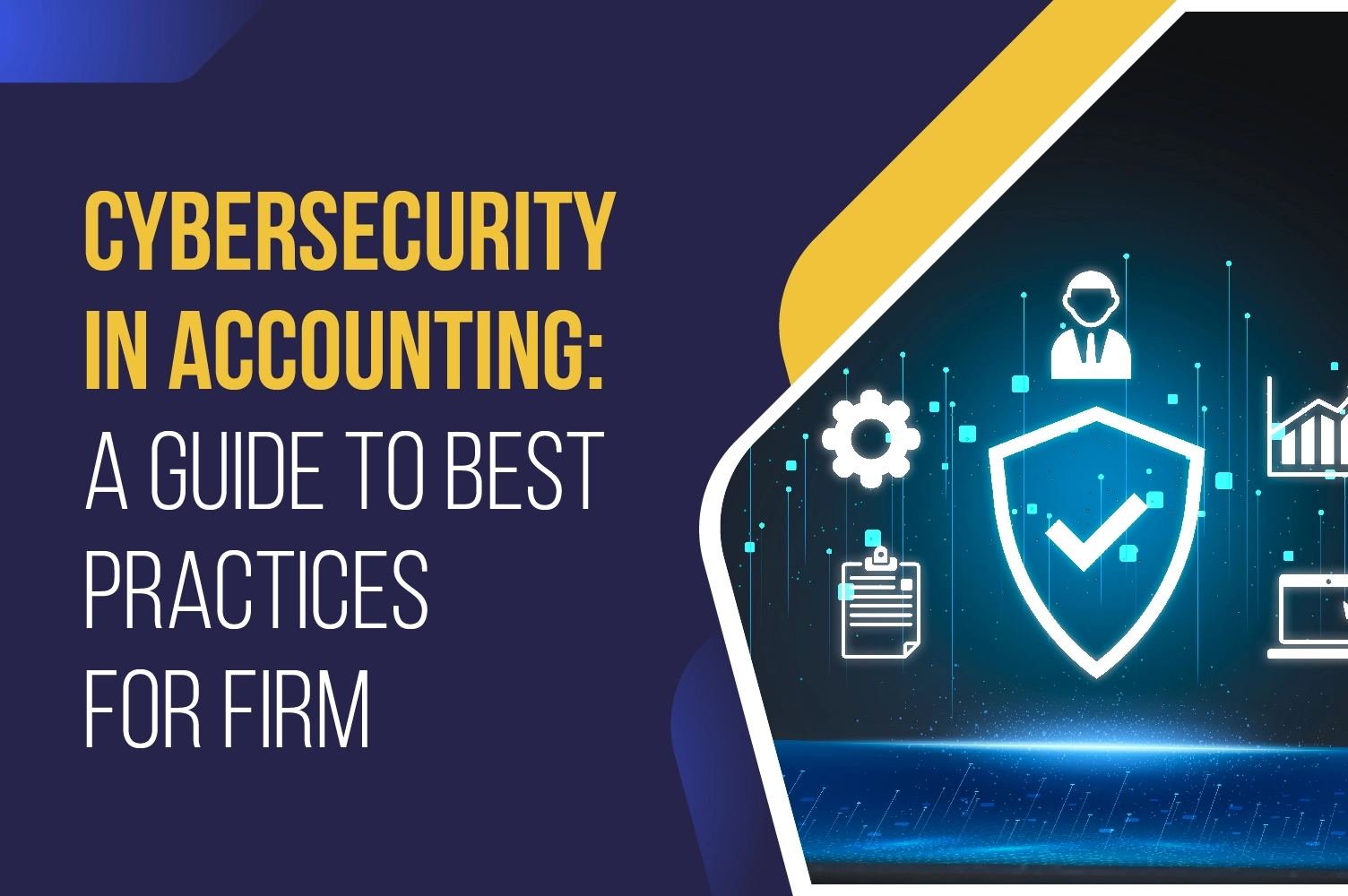If Going Paperless is Your firm's New Year Objective
Any technology driven organization is primarily dependent on computing devices with a host of peripherals and software options, which complement the basic functions of a business. Digital medium has reduced our dependencies on a lot of unnecessary clutter, usually seen in an organization. Right from having ‘tiny post it’ notes to small hand written memos, which were used for office communication about a decade ago, to having important documents or files now available in digital form, received in email instantly! There’s a gradual but inevitable shift to a paperless with each passing day.
Increasing business firms are now going the paperless way. Environmental concerns aside, having a paperless office has its own benefits over old school methodologies. Moreover, relying on less paper means, reduced consumables expenses for your organization.
Furthermore, reduced space requirements for using and storing paper documents translate into lesser floor space requirements for any firm.
The Myth However, paperless doesn’t mean any organization ‘Will not need’ any paper-based documents or ‘can operate without’ any paper in their office premises. That’s the primary myth associated with the term — “paperless office”. Any office needs paper for daily functioning of important tasks and chores. What needs to be understood here is, no matter the nature of your organization, there are some basic functions or business processes, which cannot do without any paperwork. For example, accounting, inventory, legal, logistics, etc.
All these need the very basis of paperwork because of the scope of the work they address and manage. In all these business functions, the need for proofs and records necessitates the use of paper-based documents at every step, and every day. For such purposes and functions, no business can ever avoid using any papers at all!
Physical to Digital However, there are many other opportunities where you can cut down on or eliminate using any papers at all. For starters, once you have all paperwork signed and filed away, you can using document scanners to convert the physical paper form of all such important documents into digital copies of their original physical versions. This goes a long way, as digital copies aren’t as affected by physical environmental changes as physical versions of documents are easily affected over time.
Moreover, physical suffer damage due to mishandling and incorrect storage, often due to repeated retrieval procedures. It makes more sense to have documents such as bills, receipts, contracts and business cards digitally scanned and converted into editable documents using the latest OCR technology.
Storage & Security It makes easier to store and retrieve digital copies in a logical format much convenient whilst increasing the security of any and all such confidential documents. You can also restrict the access to each document in that repository to select employees in your organization.
Moreover, there can always be a track of when anyone accessed it. This ensures that there isn’t any unauthorized access to even a single document without permission from the management hierarchy. In lines with digitization of all physical documents, you can and rather should pursue requesting paperless documents such as statements, reports, etc. from financial institutions to begin with.
This makes provisions beforehand without having to convert physical copies into digital ones. It serves multiple purposes such as reducing the time taken in transmission of documents, safety & security of handling and storage, and restricted access permissions for only those entitled access to such documents.
Cloud Storage Alternatively, you can go for cloud storage solutions for document management. Although digitization has far more advantages over maintaining physical copies of your documents, it has a few concerns that need to be addressed. Since you are storing your documents on a local computer or file server, there could be hardware failure, or security lapses if the protocols weren’t set stringent enough. Moreover, it is tedious and time-consuming process to send/receive any digital documents, frequently. These are rare but not entirely avoidable issues, which can be solved with structured planning and implementation of policies.
However, to mitigate such issues, Cloud Storage technologies have evolved a lot in the past few years, becoming cost-efficient along with being conveniently accessible from anywhere, including mobile devices! It can be said that cloud technology is the future, given its increased reliability, security, accessibility, and economical costs for setting up and using it daily. There are scores of options available nowadays, free and paid with various plans suitable as per your requirements.
Taking Notes Consecutively, cloud technologies have crossed the bridge, going beyond offering storage services. For many business firms, taking notes, memos, To-Do or Tasks lists, etc. are daily occurrences on the work floor. In order to have a paperless, these activities would also need their digital counterparts just like storage options. From having Windows built-in Notepad and Sticky Notes, to dedicated Notes-taking applications such as EverNote, Wunderlist, Google Keep, etc. are some of the few popular options leading the pack today.
End Note: Considering the above issues and solutions, it makes more than necessary to begin digitization of physical documents, and implementing digital replacements of traditional avenues of daily business operations, which required use of paper. Furthermore, migrating to cloud technology would increase the efficiency as well as grant greater security to your digital documents from day one.
Entigrity™ is a trusted offshore staffing partner to over 500+ accountants, CPAs and tax firms across the US and Canada. Our flexible and transparent hiring model gives helps firms of all sizes to hire staff for accounting, bookkeeping, tax preparation or any other task for 75% less cost. As a firm 'run by accountants, for the accountants', Entigrity captures the hiring needs of accounting firms most precisely, providing staff that works directly under your control and management, still you are left with least to worry about compliance, payroll taxes, overheads or any other benefits.

_1642676318-1686039629.webp)



